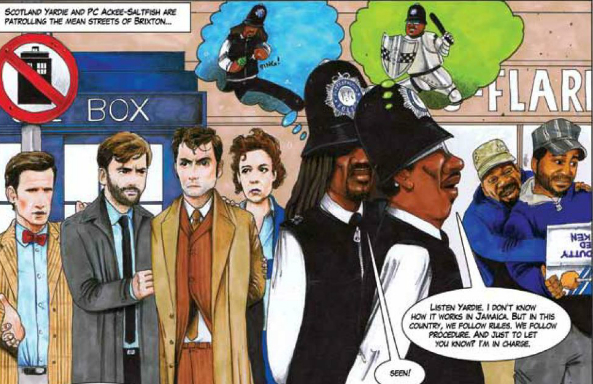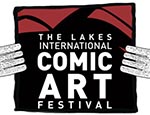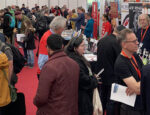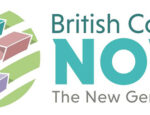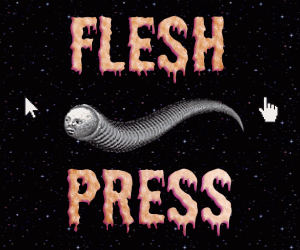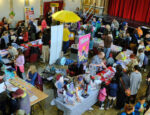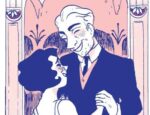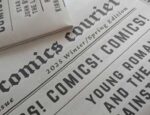He’s the fifth UK Comics Laureate and also the first person of colour to fill that position, and creator Bobby Joseph is obviously relishing his time in that role! An energetic and passionate face on the British comics scene Joseph has so far been stressing the importance of comics, literacy and representation in his time as Comics Laureate. We chat with Bobby today about his 1990s work on Skank magazine, championing diversity in the medium, and his upcoming appearance at this weekend’s Lakes International Comic Art Festival.
ANDY OLIVER: A few years back we reviewed the collected edition of you and Joseph Samuels’ Scotland Yardie, published by Knockabout, here at Broken Frontier. That strip was originally part of your Black satirical comic Skank back in the ‘90s. So let’s begin there by asking you about the comics landscape of that 1990s era, the important position that Skank occupied, and your own entry point into the form?
BOBBY JOSEPH: Ah, just to explain, the Scotland Yardie graphic novel was an original piece of work and not a collected work. This to be fair, is my fault, as I have never corrected the person that said that in print or online. My bad! Hopefully, it’s corrected now! Going back to the 9os, well to me, the 1990s in UK comics were sci-fi or Deadline (which had sci-fi). Sci-fi infused comics are a British tradition that dates back to the Sixties. I was never into writing sci-fi and diverse comic books were not a thing on the UK scene. Skank changed the game. Yes, it was promoted to the media as a silly ‘Viz’ type of clone, but at the same time we subverted expectations and reflected London how it was, not how it was portrayed in various medias at the time. Skank was the first platform for young adults of colour. It gave Black and Asian artists a platform, a chance to explore their voices. It was funny. It was anarchic. For me, it was about exploring what was happening on the streets of London, to satirise the characters we saw on a regular basis.
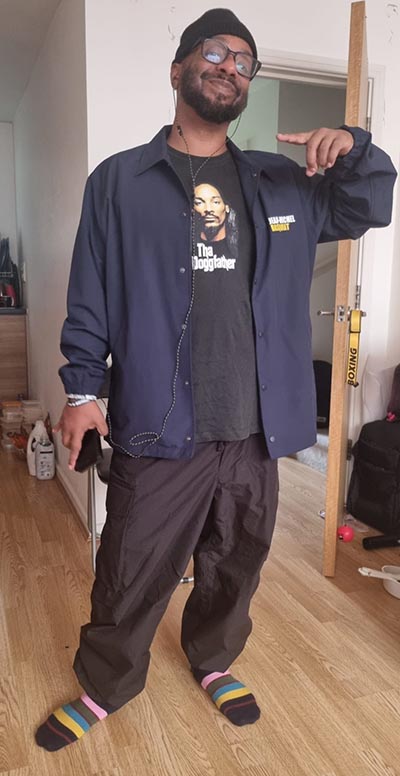
AO: You are currently fighting the good fight for the medium as the first Comics Laureate of colour and the fifth incumbent in that role. So, for the uninitiated, let’s first ask about the role of the Comics Laureate in raising awareness of the impact comics can have in increasing literacy and creativity, and what that has entailed for those who have taken it on, as both ambassadors and activists for the form?
JOSEPH: Each individual Laureate decides what path they wish to take with regards to being an ambassador of comics. I wanted to push not only diversity and representation, but also literacy. As an English teacher too – I see comics as a gateway to learning and have used comics in the classroom to support pupils. For me, comics is the perfect medium, as it can be considered as literature and art. Comics are a great resource, so I have been pushing the links between comics, literacy, and the classroom. Personally, I see the laureates similar to the Doctors –we’re all one person – regenerated every few years. So following the Doctor idea; Gibbons is Hartnell, Adlard is Troughton, Berry is Pertwee, Holland is Baker. And I am the pretty one with the celery stuck to my lapel!
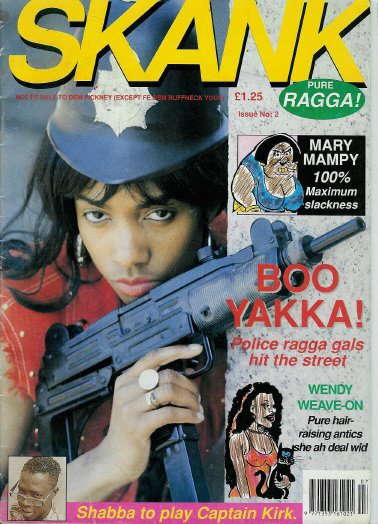
AO: I think it’s fair to say that all the Comics Laureates to date have injected something of their own unique approach to the form into the role. What, for you, have been some of the key issues surrounding UK comics that you’ve wanted to bring your own perspective to as Comics Laureate?
JOSEPH: I have always been an advocate for diversity and representation and I wanted to get more eyes on the diverse talent we have in the UK. There are so many brilliant comic creators on the scene that needed to be spotlighted. I also looked at revenue streams for comic creators. Where else could they be supported? As a teacher, I love libraries. Libraries are a great resource for comic creators and a good access point for brilliant graphic novels to be read by the general public (and creators could build links with libraries for talks and workshops and such). Once this clicked in my head, that was when the laureate list kicked off. The list is being supported by Arts Council England, which helped a lot with the profile of the list, and I am thankful for their support. The laureate list has brought a lot of eyes on the UK comic scene which is what I wanted.
AO: As a librarian myself in another life, and as someone who has tried to push our own Broken Frontier Resource Lists to academic libraries around the UK, I was particularly impressed recently by your essential graphic novels reading list for libraries. How vital do you feel it is to get more comics work into library spaces in order to shake off that still lingering wider perception that it’s an unsophisticated artform?
JOSEPH: It is so important to have libraries support graphic novels. Libraries are the universal connection to different communities. They are the grassroots. Libraries connect all ages; all groups and they genuinely have a strong sense of community. Are comics an unsophisticated artform? I doubt it. There is a comic or graphic novel out there for everyone. They just need to find each other, and libraries are in a great position to help facilitate that.
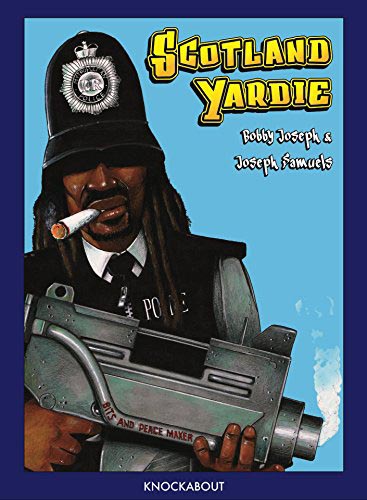
AO: I think we have both been knocking around the comics scene in the UK for a similar amount of time and have seen some seismic changes in the way the medium is perceived and promoted, but maybe also some things that haven’t changed anything nearly quickly enough. So, with that in mind, firstly what have been the success stories for you in the last three decades in comics proactively being taken to new audiences outside of traditional spaces/publishing routes?
JOSPEH: The comic scene is quite interesting at the moment. There is this vibrant, UK independent comic scene which is creating these amazing comics with or without publishers. They are the fresh perspectives, they are creating comics about their social backgrounds, upbringings, environment. They explore what they love, what they hate. They are exploring their voices via short run books and comics, they are reaching audiences via the web, and comic events. It’s amazing to watch.
It’s brilliant to see a community of creators thriving, and doing such interesting, diverse comic works. I adore what’s going on in the independent comic scene. On the flipside, on the mainstream, one of the biggest success stories in UK comic publishing is The Phoenix – a great comic book that kids love. After all, look at the success of Jamie Smart and Bunny Vs Monkey – it is a book that practically walks out of shops and guess what? It’s a comic! How cool is that? There are publishers like Avery Hill, and Knockabout that are publishing amazing stuff. Then there’s Alice Oseman, her success says it all.
From Scotland Yardie by Joseph and Samuels
AO: And following up on that – and also considering your recent Comica panel about diversity and inclusion in UK comics – what would you like to see more of in terms of marginalised voices being promoted, supported and platformed?
JOSEPH: Now, in comics we finally see diverse comics characters in UK comics and mainstream American comics are being pushed to the forefront. It’s great to see. However, most of these ‘diverse’ characters are not really written by the communities that these characters represent. So therefore a lot of character nuance is lost when we read these stories. Which makes me question whether the promotion of diversity and representation is about change or the appearance of change? Now, I am not saying that certain comic creators cannot create the stories that they want to do, but when mainstream comic book publishers rely on the SAME voices being representative of ALL voices, then without a doubt, that is where we have a problem. So therefore, publishers need to be bold enough and commit to using marginalised voices to create narratives that are authentic and representational.
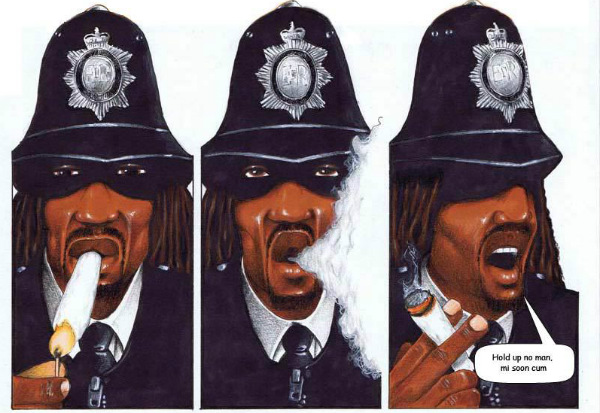
From Scotland Yardie by Joseph and Samuels
AO: We’re coming into the major part of the UK comics festival season which is always a wonderful time for discovering new creators. At Broken Frontier, of course, we are particularly fond of work that really pushes the boundaries of what comics can be and embraces its special language. Who has recently caught your attention in that regard that you’d like to recommend to the BF audience?
JOSEPH: Ayeyo! What’s interesting is that the majority of people I like are all Broken Frontier people. Truth be told, I leaned heavily into Broken Frontier to come up with names on my Laureate list. So in no particular order, here are the comic creators I adore at the moment. Shanti Rai – Sennen is a great work. I love Shanti’s exploration of human drama and mythology. Shangomola Edunjobi is an amazing artist, Miseyieki is a great work of African lore – so will be looking forward for anything new from him in the future.
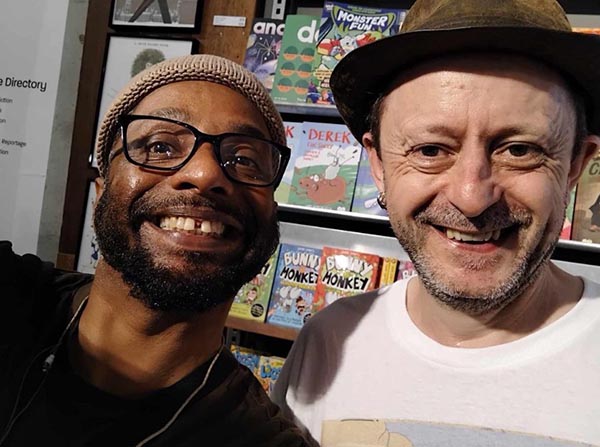
Bobby Joseph with BF’s Andy Oliver at Gosh! Comics on Small Press Day
Really like Danny Noble’s work. Shame Pudding is one of my reads of the year. Love the humour and the Tim Burton-esque artwork. Jemma Webster Sharp’s The Scrapbook of Life and Death is deliciously dark. Her new book is out and everyone should have a copy. Carys Boughton is an artist to watch, her passion for the environment is evident in her artwork – such beautiful linework! Alba Ceide is great. I love it when comic creators just create, and she is creating practically every hour of every day. Alba is definitely an inspiration. Her Insta is testament to that.
Lucy Sullivan is just so brilliant. Not only is she a great artist, but she is also one of the leading voices in the UK comic scene and does not get enough props for all the amazing things she does for comics. David Shenton’s Forty Lies – is a great! I love this book – what a tour-de-force! David is probably the loveliest person in the world (maybe, jointly with Lucy Sullivan). Digging Shane Melisse’s video gaming, Jamie Hewlett-inspired work in Road Knight. I like Pete Morey’s stuff, love a dash of Marc Jackson. Mollie Ray’s Giant makes me smile. Bex Ollerton is a legend! Glass City Comics by Dave Cranna has cool vibes and then there’s the amazing Ed Firth, who, without a doubt, draws the best hairy legs in comics today! On top of all that, I think I am pretty amazing too, but I guess I am kinda biased!!
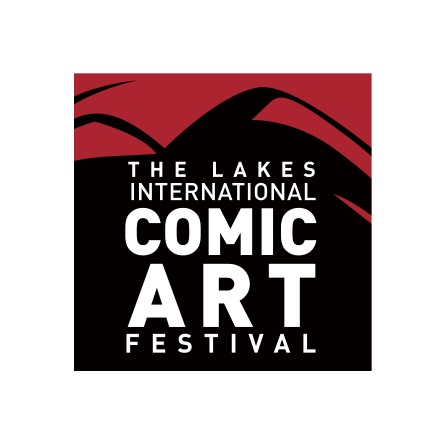
AO: You will be at the Lakes International Comic Art Festival this weekend. What are you most looking forward to from this year’s array of events?
JOSEPH: Avengers Uncivil War seems fun! The Doctor Who stuff, the festival fringe ‘N’ Tell will be great (I am being biased again, as I will be performing there). Then there’s the Comics Can Change The World bit, which looks great. Also, I am looking forward to catching up with creators and meeting some new creators along the way. That said, I am happy to talk to anyone, so general public, creators, please approach me and say hi – I am happy to chat. As BF knows, I am not shy!!
AO: And, finally, you’re obviously going to be incredibly busy for the rest of your tenure as Comics Laureate but do you have any comics projects of your own that you’re currently working on?
JOSEPH: This is my 30th year in comics and 7 years since I wrote Scotland Yardie. So I am juggling a few comic projects at the moment. A YA book, a historical book, and possibly a new Skank-type project. That said, I have been commissioned to write a graphic novella about Indian soldiers of which I am really excited about. When we look at British history, the contributions of Black and Asian soldiers in either WW1 and WW2 are historically overlooked and this something I hope to address in this work. All in all, as a creator I am open to the possibility of what comics can bring – I really am. Comics are without a doubt, one of my greatest loves!
Interview by Andy Oliver





